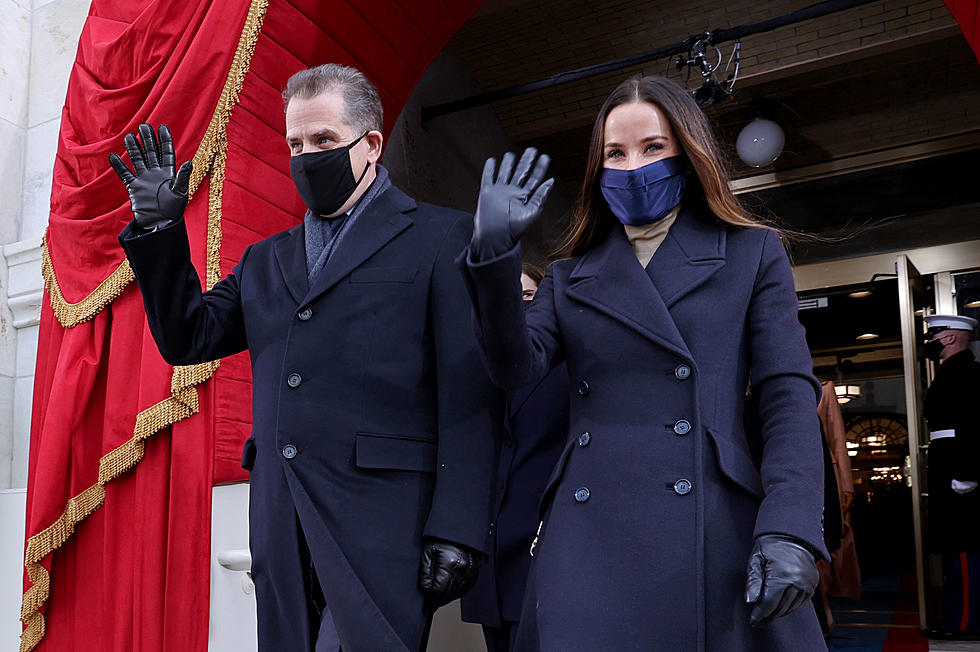
Trump seeks ruling in case striking down ‘Obamacare’
The administration switched its stance in the case, recently telling the 5th U.S. Circuit Court of Appeals that it believes the Affordable Care Act should be struck down completely. Earlier, the administration had argued that only certain key parts of the law, such as protections for people with pre-existing medical conditions, should be invalidated.
The case was filed by Texas and more than a dozen Republican-led states. U.S. District Judge Reed O'Connor in Fort Worth, Texas, ruled late last year that the health law's requirement that people have insurance was rendered unconstitutional when Congress, in the 2017 tax law, eliminated an unpopular penalty for those remaining uninsured. Without enforcement of this individual mandate, the whole law cannot stand, he concluded.
California Attorney General Xavier Becerra, 15 other state attorneys general and the U.S. House of Representatives appealed to the 5th Circuit. They argued that zeroing out the penalty does not make the individual mandate unconstitutional and that, even if it did, the rest of the law remains legally viable. They also challenged the ability of those who filed the original lawsuit to bring such a legal challenge.
If the ruling is allowed to stand, more than 20 million Americans would be at risk of losing their health insurance, re-igniting a winning political issue for Democrats heading into the 2020 elections. President Donald Trump, who never produced a health insurance plan to replace "Obamacare," is now promising one after the elections.
Oral arguments in the case are expected in July. Meanwhile, the effects of the lower court ruling have been on hold pending appeals.
The last word on any decision to strike down the health care law almost certainly will come from the Supreme Court, which has twice sustained the 2010 health law. Chief Justice John Roberts and four more liberal justices who voted in favor of the law remain on the court. A court victory would fulfill Trump's goal of undoing the law, but it could be politically costly for the GOP by ending popular provisions such as protection for pre-existing conditions and coverage for young adults on their parents' health plans.
In a terse filing with the appeals court, the administration said last month that it wants the entire law struck down. Additional written arguments were due Wednesday.
The Democratic-led states say that when Congress repealed the tax penalty for those remaining uninsured, it was more like a tweak than a blow designed to bring down the entire 974-page statute. The health law also rewrote federal laws on a broad range of topics, from fighting fraud to promoting public health.
After the fines were repealed, Republican lawmakers in Congress explained their votes as an attempt to correct the law's most unpopular provision, not bring down the entire law.
Democrats also argue that if the law is to be repealed and replaced, that's the job of Congress and the president under the Constitution, not the courts.
More From News Talk 96.5 KPEL









